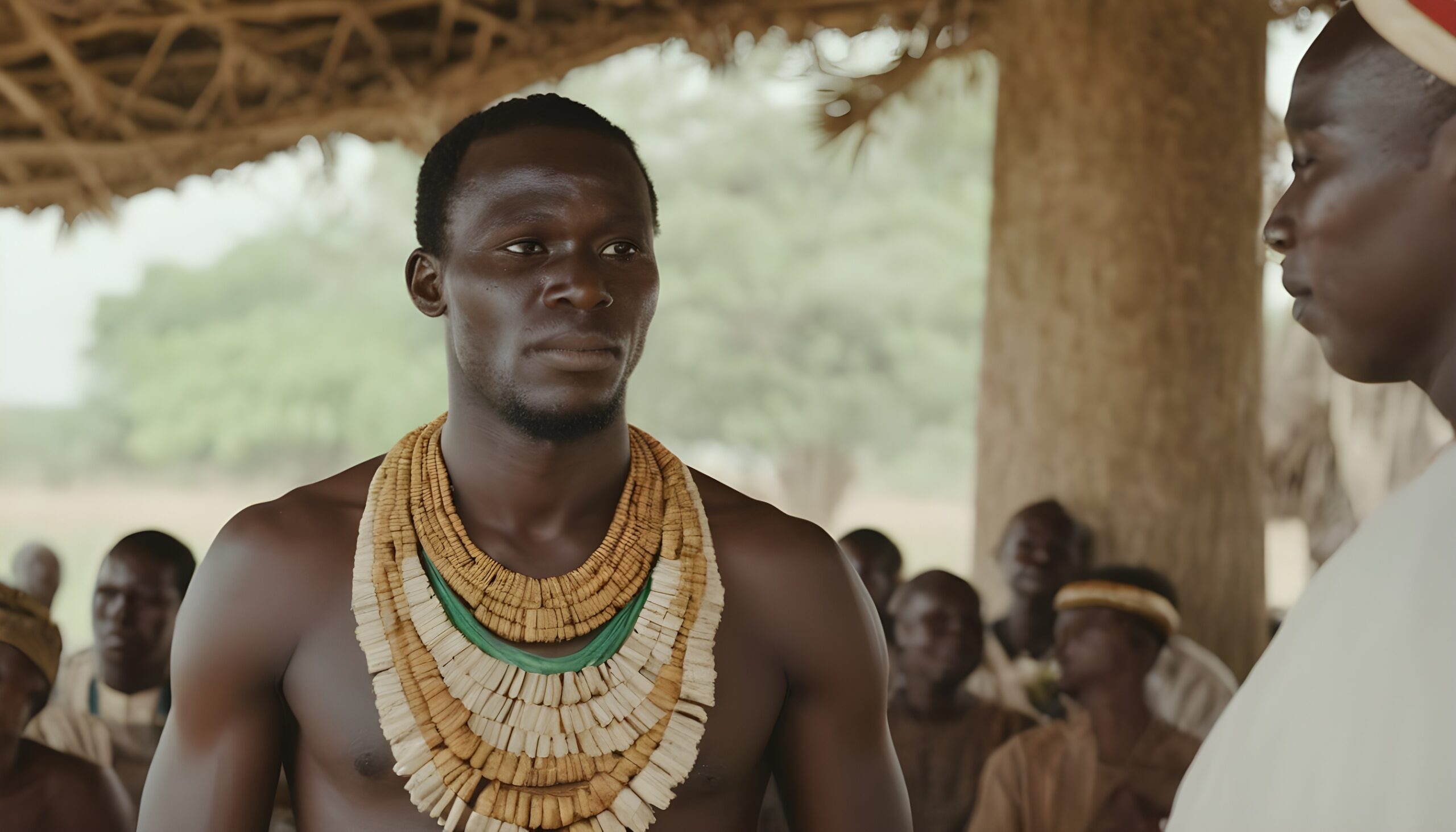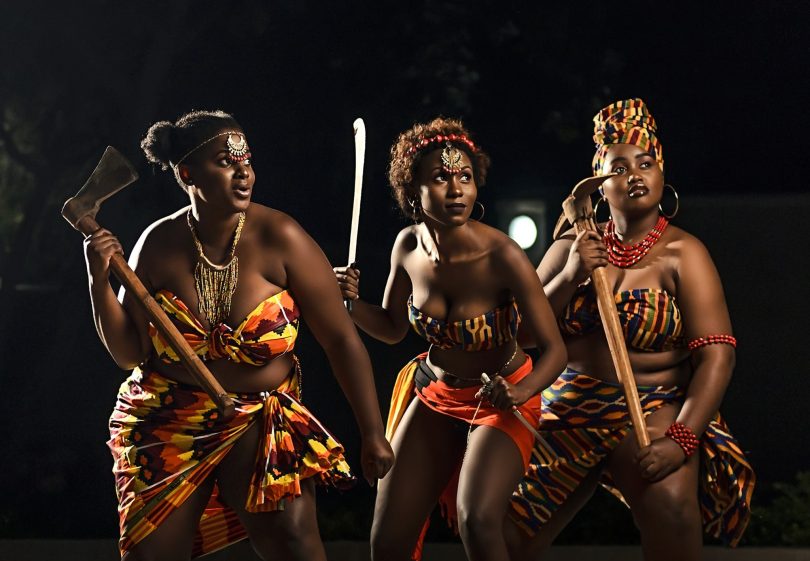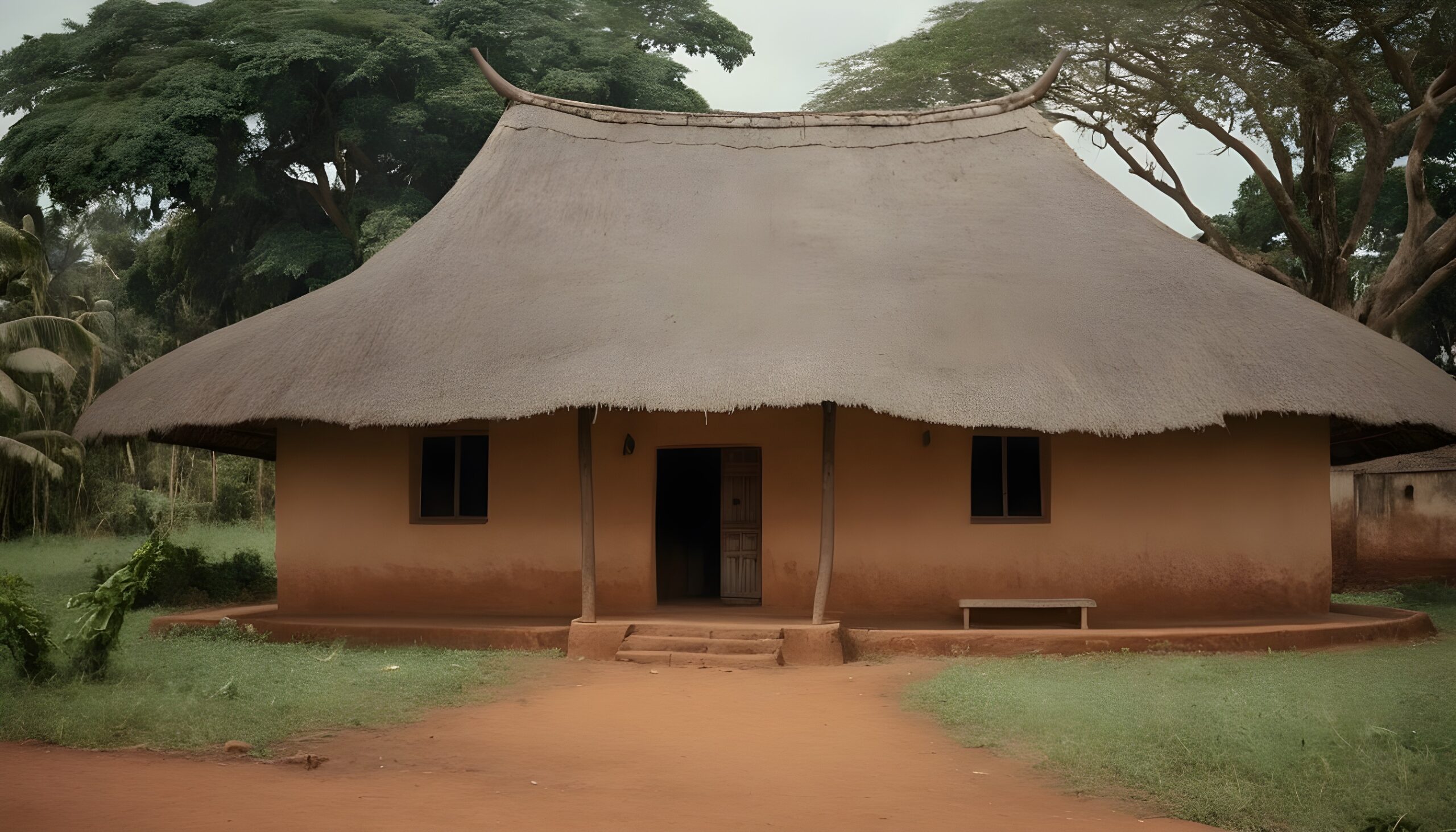Preserving, promoting & celebrating
Our Cultural Initiatives
We are dedicated to preserving, promoting, and celebrating the rich cultural heritage of the Banyakitara tribes. Here’s what we do:
Who are Banyakitara?
The Banyakitara: A People Rooted in History and Tradition
The Banyakitara, also known as the Kitara, are a collection of interconnected tribes with a rich shared history. These tribes were once part of the powerful Kitara Empire, a vast kingdom that dominated East Africa’s Great Lakes region for centuries.
Let’s delve into the detailed information about each tribe
Banyakitara Tribes
The Banyakitara tribes consist of four distinct ethnic groups in Uganda, each with its own unique cultural traditions, languages, and histories.
Each of these tribes contributes to the diverse cultural tapestry of Uganda, enriching the nation with their unique traditions, languages, and histories. Through their resilience, creativity, and community spirit, the Banyakitara tribes continue to play a vital role in shaping Uganda’s cultural identity.
Batoro
- Location: Primarily located in the western region of Uganda, particularly in the districts of Kabarole, Kasese, and Bundibugyo.
- Language: Runyoro-Rutooro is the native language spoken by the Batoro people, with slight variations depending on the region.
- Culture: The Batoro are known for their vibrant cultural practices, including traditional dances such as the Kikoriko and Runyege. They also have rich folklore and oral traditions, with storytelling playing a significant role in passing down knowledge and wisdom through generations.
- History: The Batoro have a long and storied history, with their kingdom, the Kingdom of Toro, dating back centuries. They have been instrumental in shaping Uganda’s cultural and political landscape.
Bakiga
- Location: Primarily inhabiting the southwestern region of Uganda, particularly in the districts of Kabale, Rukungiri, and Kisoro.
- Language: Rukiga is the native language spoken by the Bakiga people, known for its unique tonal qualities and linguistic richness.
- Culture: The Bakiga are renowned for their strong cultural identity, characterized by vibrant dance performances, intricate basket weaving, and a rich oral tradition of storytelling. They are also known for their traditional wrestling competitions, known as “Ekyogero.”
- History: The Bakiga have a proud history of resilience and independence, with a strong sense of community and collective identity. They have played a significant role in Uganda’s history and continue to contribute to its cultural heritage.
Banyoro
- Location: Primarily located in the Bunyoro sub-region of western Uganda, particularly in the districts of Hoima, Masindi, and Kibaale.
- Language: Runyoro is the native language spoken by the Banyoro people, known for its melodic tones and expressive qualities.
- Culture: The Banyoro have a rich cultural heritage, with traditional music, dance, and art forms playing a central role in their community celebrations and rituals. They are known for their royal traditions, with the Bunyoro Kingdom being one of the oldest traditional kingdoms in Uganda.
- History: The Banyoro have a long and illustrious history, with their kingdom dating back to the 14th century. They have preserved their cultural traditions and customs over the centuries, despite periods of colonial rule and social change.
Banyankole
- Location: Primarily inhabiting the southwestern region of Uganda, particularly in the districts of Mbarara, Bushenyi, and Sheema.
- Language: Runyankole is the native language spoken by the Banyankole people, known for its musicality and poetic expressions.
- Culture: The Banyankole are known for their rich cultural heritage, characterized by vibrant cattle culture, traditional music, dance, and storytelling. They are famous for their unique cattle-breeding practices, including the Ankole longhorn cattle, which are prized for their distinctive horns.
- History: The Banyankole have a long and proud history, with their kingdom, the Ankole Kingdom, dating back centuries. They have preserved their cultural traditions and customs through oral history, folklore, and community celebrations.




